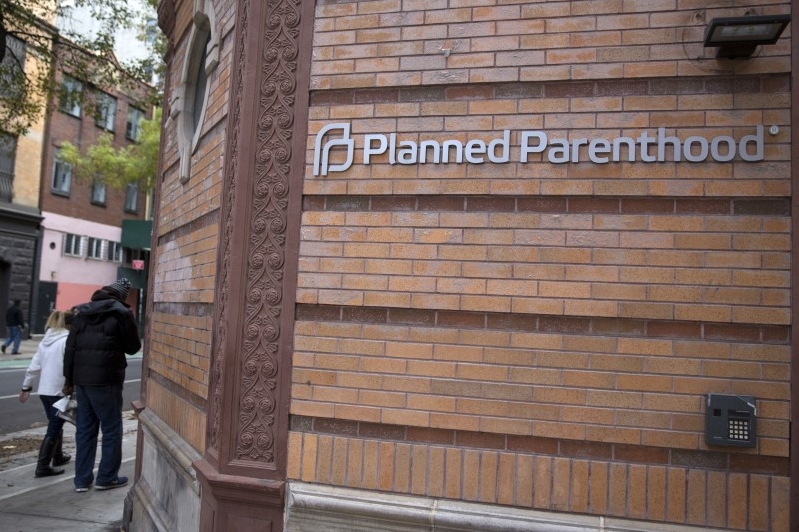
According to interviews with U.S. physicians, some Roman Catholic hospitals not only refuse to provide some women's health services like abortion, but may also prevent doctors from referring women to facilities that would provide them.
Services including sterilization, contraception and fertility services can be similarly prohibited, according to the small study.
"One thing that did surprise me is that some hospitals really do seem to leave women with little to no information when it comes to abortion care specifically," said lead author Dr. Debra Stulberg of the University of Chicago. "For other services, whether it's something a Catholic hospital allows or not, they will facilitate getting the appointment, sending records, etc.," she told Reuters Health.
"But I'm not speaking across the board for everyone, it wasn't always black and white," Stulberg said.
Catholic healthcare institutions make up 15 percent of acute care hospitals in the U.S., and clinicians employed in them are bound by the Ethical and Religious Directives for Catholic Health Care Services issued by the U.S. Conference of Catholic Bishops. These directives prohibit some reproductive healthcare services, but some Catholic theologians still believe doctors should openly explain all options to their patients, even ones they are not able to provide.
Professional ethics guidelines from the American College of Obstetricians and Gynecologists (ACOG) recommend that clinicians who deny patients reproductive services for moral or religious reasons provide a timely referral to prevent patient harm, but whether or not physicians at Catholic facilities actually make these referrals is unclear, the authors write in Perspectives on Sexual and Reproductive Health.
For the study, a sociologist interviewed 27 practicing obstetrician-gynecologists with experience working at a Catholic hospital by phone, asking open-ended questions about how hospital policy affected their patient care.
In some Catholic hospitals, administrators and ethicists allowed for or even encouraged referrals to places like Planned Parenthood, but in others, referral was actively discouraged, or doctors kept their referral activity hidden.
"We talked to doctors with a range of opinions on abortion, some of whom strongly expected to share the values of a Catholic hospital," Stulberg said. "Sometimes they were surprised because policies changed" and attitudes toward referrals may depend on which bishops issue new directives, she said.
In general, physicians said the Catholic ethical directives did not always serve the best interests of women with limited financial resources, those needing certain kinds of emergency care and those who want to undergo sterilization by tubal ligation at the time of a cesarean section or immediately after a vaginal delivery.
"It concerns me as a doctor, from a standpoint of medical ethics, ACOG says that when a healthcare provider can't offer certain services they have to provide full and accurate information," Stulberg said. "Even in some emergencies doctors couldn't provide care they thought the patient needed," like giving high dose birth control pills to control heavy bleeding, she said.
Some physicians said they got mixed messages from their hospital, which may want to deny a service for moral reasons but want to provide it for financial reasons.
In some cases, hospital policy relied on referring to other facilities like Planned Parenthood, which was surprising, Stulberg said.
"Some hospitals specifically said if there weren't other places to send these patients, then we might do (the procedures)," according to the physician interviews, she said.
Many people may not have the option to choose between a Catholic or secular healthcare facility, she said.
"For patients who have the same religious tradition, a catholic hospital is perfect because she will only be given options she would consider," said Dr. Maura Quinlan, chair of the Illinois Section of ACOG, who was not part of the study. "But it is not ethical to decide that for the patient."
Failing to refer women for reproductive care can have significant negative effects on her health, Quinlan told Reuters Health by email.
"Women should not assume that they're getting all the information that they may need to make an informed medical decision if they're going to a Catholic hospital," Stulberg said. "It's always good to ask questions about your own medical situation, and unfortunately you have to do some research beyond what you doctor can tell you."







